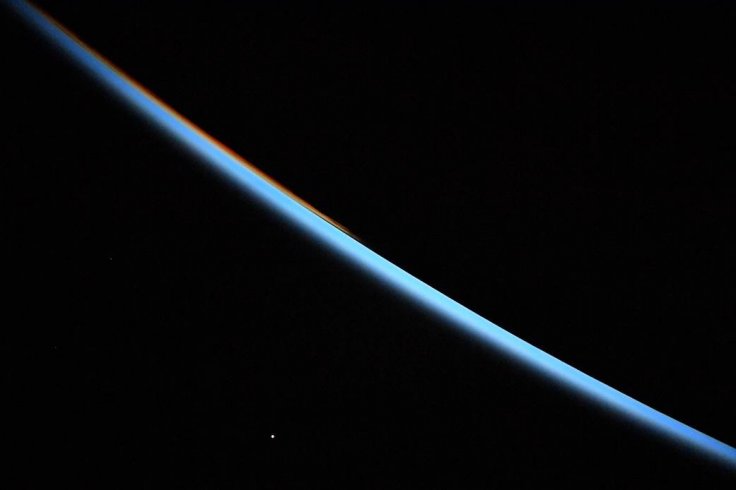
Last month, a study conducted by researchers at NASA's Goddard Institute for Space Science had suggested that Venus was once habitable, and it had surface water which made it a perfect ground for life to evolve and survive. However, a new study report has dismissed these claims, and it suggests that it was lava that actually flowed across the surface of Venus.
The study report published in the Journal of Geophysical Research: Planets revealed that the second planet in the solar system was filled with lava in the ancient days. Researchers made this conclusion after experts re-examined the Ovda Regio highlands plateau in Venus. Scientists suggested that this plateau is made up of basaltic lava.
"We know so little about Venus' surface. If the Ovda Regio highlands are made of basaltic rock as is most of Venus, they were likely squeezed up to their current heights by internal forces, possibly like mountains which result from plate tectonics on Earth," said Allan Treiman, a scientist at the Lunar and Planetary Institute in a recent statement.
Venus, now known as the 'evil twin' of the earth has a very harsh climate, and it has a surface temperature of 864 degrees Fahrenheit.
In the meantime, Dr Jim Green, a top NASA scientist, had recently claimed that alien life will be discovered on Mars in the next couple of years. As per him, this historic discovery will be made by 2021, and he made it clear that humans are not ready to accept the reality of extraterrestrial existence.
"It will be revolutionary. It's like when Copernicus stated 'no we go around the Sun.' Completely revolutionary. It will start a whole new line of thinking. I don't think we're prepared for the results. We're not. I've been worried about that because I think we're close to finding it, and making some announcements," Green told the Telegraph.









